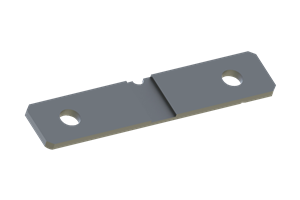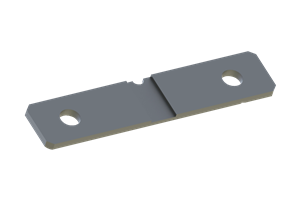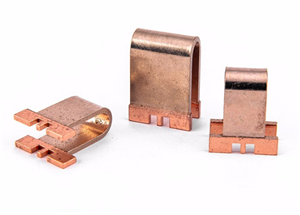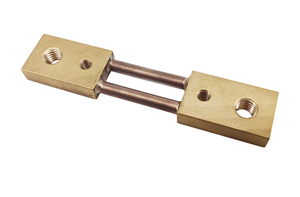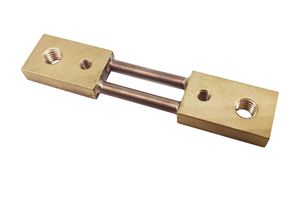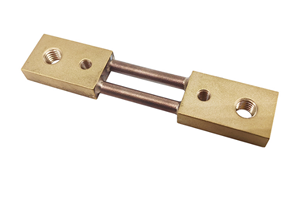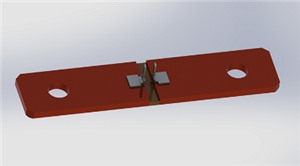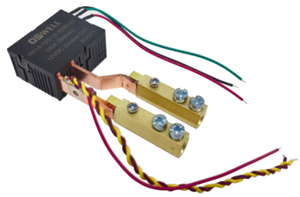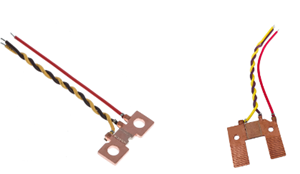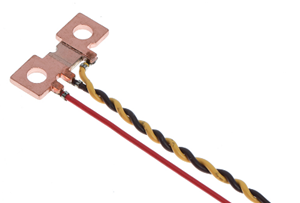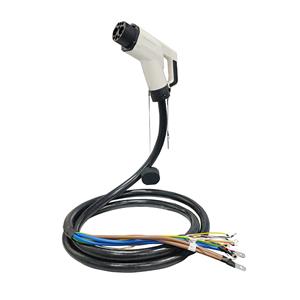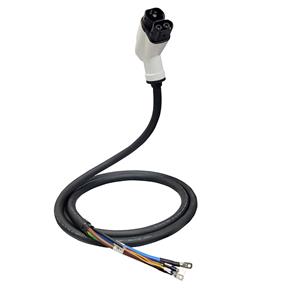In the automotive industry, they are crucial for battery management systems. They help monitor the current flowing in and out of the battery, enabling accurate charging and discharging control. This ensures the battery's longevity and optimal performance, especially in electric and hybrid vehicles where battery health is of paramount importance.
Tin-plated battery shunt resistors are specialized components designed to offer specific performance features that cater to applications requiring precise current measurement and control, particularly in battery systems. These resistors are characterized by unique properties that enhance their functionality in various settings.
Precision shunt resistors, an essential component in electrical circuits, find their applicability in a wide range of scenarios where accurate current measurement and control are of utmost importance. Their precision and reliability make them invaluable in various industries.
Fixed value shunts, which are widely used in electrical engineering, must adhere to stringent quality standards to ensure their reliability and accuracy. These standards guarantee the shunts' performance, consistency, and longevity, making them suitable for critical applications across various industries.
Fixed Value Shunts, popularly utilized in electrical systems, find extensive applications across a spectrum of industries due to their exceptional performance attributes. These shunts, also referred to as fixed value resistors, serve as critical components in diverse settings where accurate current measurement is paramount.
Fixed Value Shunts, also known as fixed value resistors, possess several key performance characteristics that optimize their functionality within electrical systems.
The working principle of a battery shunt resistor is fundamental to understanding its role in current measurement and overall battery system management. When connected in parallel to the battery, the shunt resistor serves as a crucial component for accurately measuring the current flowing through the system. This discussion will delve into the basic working principle of a battery shunt resistor, explaining its connection to the battery and its essential role in providing a low-resistance path for current measurement.
100A Magnetic Latching Relay with shunt
A 100A Magnetic Latching Relay with shunt is a crucial component in various electronic and electrical applications. These relays are designed with a magnetic latching feature, which provides a mechanism to hold the relay in either the open or closed position with no power consumption. This is a significant advantage, especially for battery-powered applications where power conservation is critical.
In the field of electrical engineering, Current Shunt Resistors are widely used for accurate current measurements. However, it is important to consider the thermal effects and temperature drift characteristics of these resistors to ensure their reliable performance. This article aims to explore the impact of thermal effects and temperature drift on Current Shunt Resistors and discuss strategies to mitigate their influence.
Accurately measuring current is crucial in circuit design. To achieve accurate current measurement, engineers often use a Current Shunt Resistor as a current sensing element. This article will delve into the importance of evaluating the accuracy and precision of Current Shunt Resistors, as well as discuss some commonly used evaluation methods.

